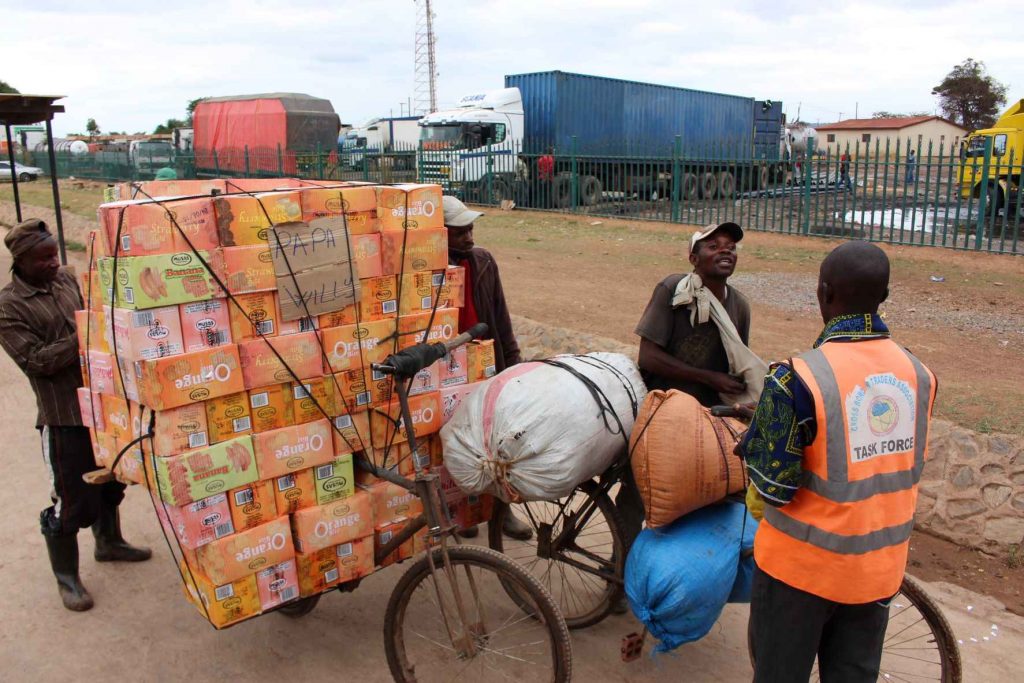
February 25, 2022: COMESA has conducted two studies to address bottlenecks that impede small scale trade flows within the region. The first study aims at determining the best approach towards smooth implementation of the Simplified Trade Regime (STR). The second relates to the sustainability of trade information desks currently established at border points.
The studies were inspired by the need to increase formal small-scale cross-border trade, to enhance revenue collection for governments at the borders, generate higher incomes for small-scale cross-border traders and increase security, among others.
The STR is a COMESA initiative whose implementation started in 2010 and has since been adopted in other regions. The STR formalizes cross-border transactions enabling small scale cross border traders to benefit from the tariff preferences available under regional integration. It makes it easier to collect information and data and ultimately improve domestic and regional policy making on trade and trade-related activities in the region. Small scale traders also have ease of access across borders if their goods fall within the Common List of products agreed upon between neighbouring States.
While COMESA has adopted the bilateral form of Common Lists for the STR (between two neighbouring States), the East African Community has adopted the regional approach. Given the overlapping membership to the regional blocs, it has become imperative to determine which of the two approaches works best.
The implementation of the STR is usually accompanied by the deployment of the TIDOs. They serve as clearing agents for the traders; providing information on border procedures and assisting them to fill the forms needed to clear goods. Given that their remuneration and tools comes from resources provided by cooperating partners, it is crucial that options for the sustainability of TIDOs after closure of the programme are identified, hence the study.
Through two consultancies supported under the 11th European Development Fund: Cross Border Trade Initiative Project, a technical paper on Bilateral vs Regional Common List for the STR has been developed. This paper, together with the one on Sustainability of TIDOs were presented to Member States on 24 February 2022 for validation.
The findings of the study on Common Lists for the STR will provide insights as to which of the two approaches yields better results. The recommendations of the study on TIDOs sustainability will help identify options of how to keep the staff in post when the programme expires.
Delegates that attended the virtual validation workshop comprised of senior government officials from ministries, border agency officials, the private sector and representatives of the small-scale trading communities.
In his address, COMESA Assistant Secretary General in charge of programmes, Dr Kipyego Cheluget commended Member States that have already initiated bilateral discussions aimed at strengthening the STR regime, including review of common lists of products and applicable customs documentation.
“As we move forward let us all endeavour to make the STR work for our region rather than being seen as a source of discontent and barrier to cross-border trade,” he said.

